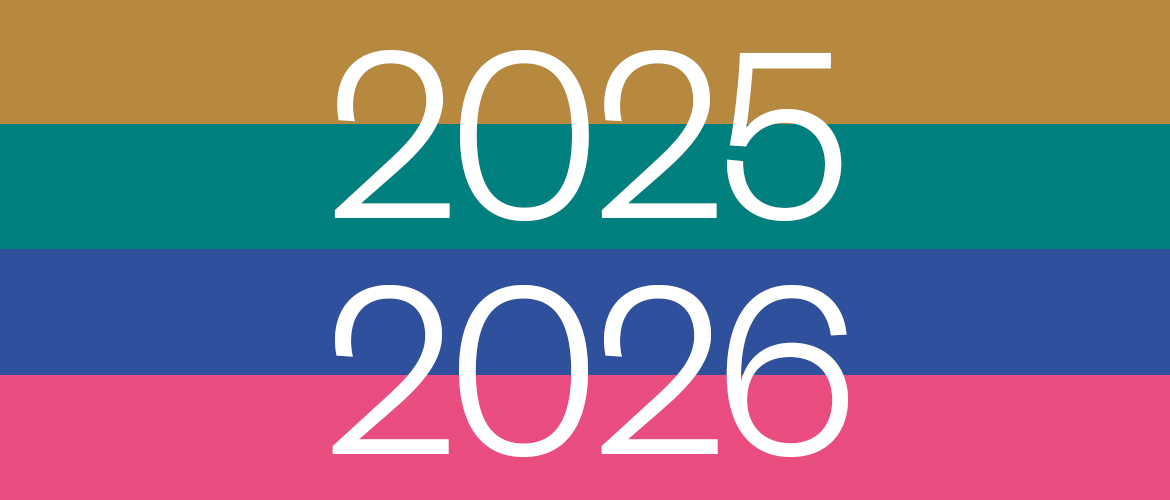Studying at the École des Beaux-Arts in Paris is both an opportunity and a challenge. An opportunity because throughout your studies you will have access to numerous resources, from the teaching of professors who are mostly artists to the school's historical collections, theoretical instruction, technical expertise and equipment, with the support of an administrative and logistical team at your service, enabling you to chart your own unique path. You will gradually find a field that is specific to you and explore it freely, both in the studio where you are enrolled and by taking advantage of the full range of opportunities offered by the School. Being here also comes with certain requirements. Becoming an artist means experimenting, cultivating your skills, starting and starting again, and, as part of the training provided at the Beaux-Arts de Paris, diligently attending the classes and training courses on offer. This daily and long-term commitment is the key to your autonomy and the raison d'être of your perseverance, enabling you to create a work that is truly unique.
Throughout the 2025-2026 academic year, the School will have the pleasure of welcoming Wolfgang Tillmans as a guest artist, as part of a partnership with the Institut français and the Cité internationale des arts. We will also welcome Anne Bourse, who will be working part-time in Mimosa Échard's studio. Various new features of the educational programme are presented in this Study Booklet, which I invite you to read carefully, from the introductory modules on exhibition professions to those related to the artist and their professional environment, including the new themes of the Diagonales, new seminar and art history course topics, and the consideration of issues surrounding artificial intelligence. The coming year will also be a year of transition, allowing us to initiate a series of necessary works on the Saint-Germain site. These works are urgent and can no longer be postponed, but they must be undertaken as part of a broader reflection on the future of the School, which I hope will be conducted collectively. Only collective intelligence will enable the School to envisage the coming years in a manner consistent with its history and its specific educational characteristics, at both of its sites, in Saint-Germain and Saint-Ouen, where I hope you will flourish.
Éric de Chassey
Director



